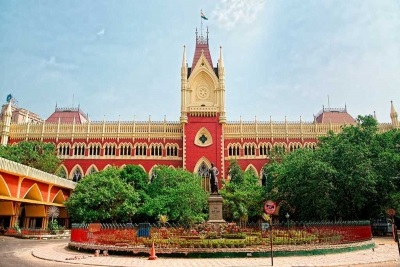Kolkata, (Asian independent) Two separate contempt of court petitions have been filed at the division bench of the Calcutta High Court’s Chief Justice T.S. Sivagnanam on Monday against the State Election Commission for not adhering to the earlier order of the same bench for deployment of central armed forces throughout the state for the forthcoming panchayat polls.
The two separate contempt petitions have been filed by the leader of the opposition in West Bengal Assembly, Suvendu Adhikari and the Congress Lok Sabha member from Malda (South), Abu Hasem Khan Chowdhury.
On June 15, the division bench of Justice Sivagnanam had ordered the State Election Commission to seek central forces from the Union home ministry within 48 hours from the time the order copy is uploaded on the website of the Calcutta High Court.
Adhikari and Khan Chowdhury, in their respective petitions, have contended although that 48-hour deadline has exhausted, there had not been any move either on part of the commission or the state government regarding the deployment of central forces and hence this inaction should be considered as contempt of the court.
The division bench has admitted both the petitions and will take up the matter for hearing on Tuesday.
Meanwhile, both the state government and the state election commission have approached the Supreme Court against the June 15 order of the division bench of Calcutta High Court. The matter is likely to come up for detailed hearing at the apex court on Tuesday.
To recall, during the previous hearings in the matter, the division bench of the Calcutta High Court had again expressed ire over the role of the commission in the process of conducting the polls for the three-tier panchayat system in the state. The Chief Justice also expressed anxiety over the series of violence and clashes during the nomination phase throughout the last week.
The election date has been scheduled on July 8 and the date of counting on July 11. Like the nomination phase, incidents of violence have been reported from different pockets of the state during the on-going phase of scrutiny of nominations.








